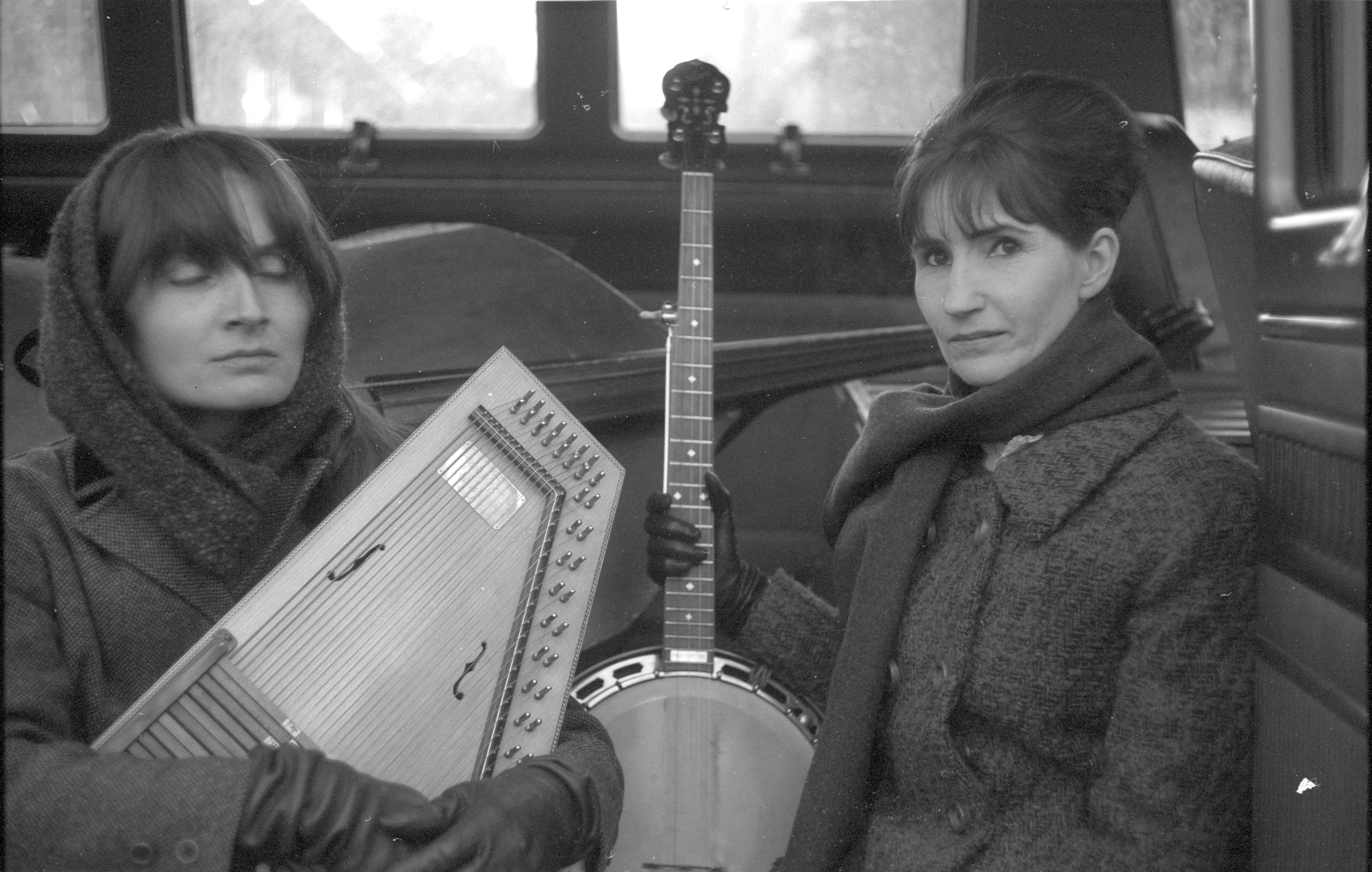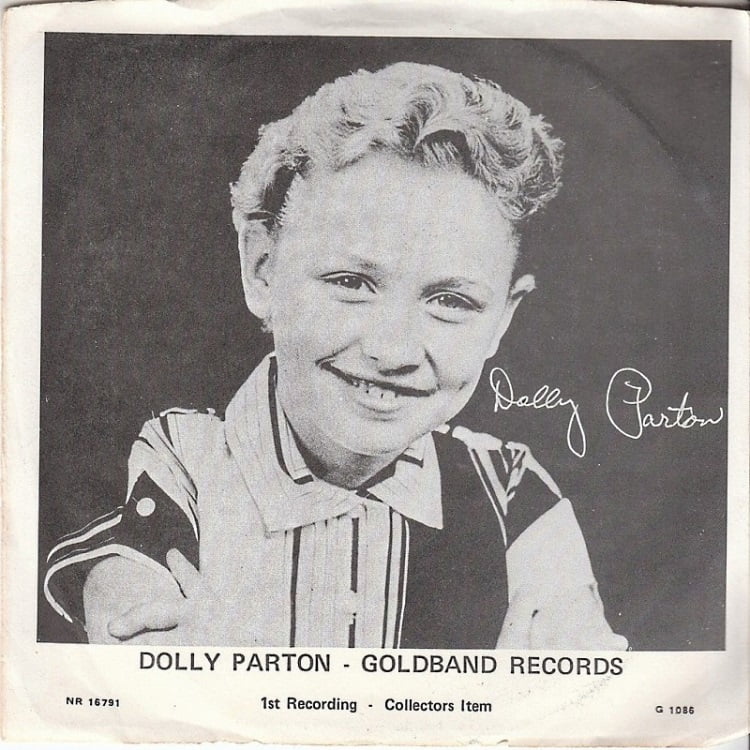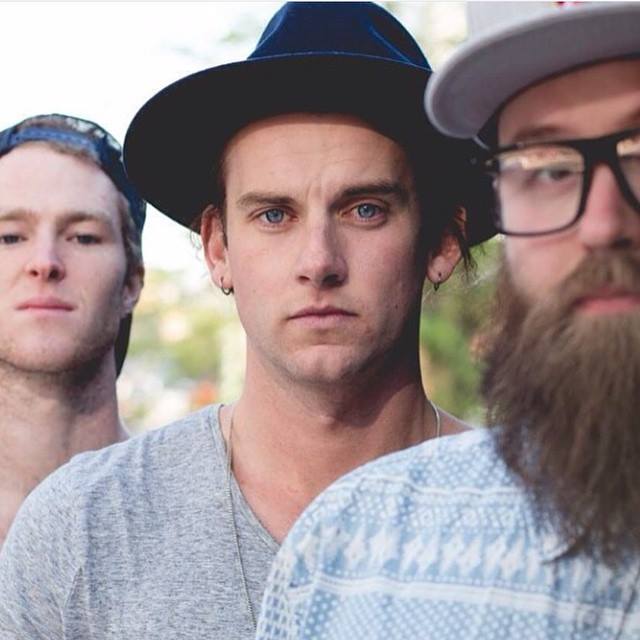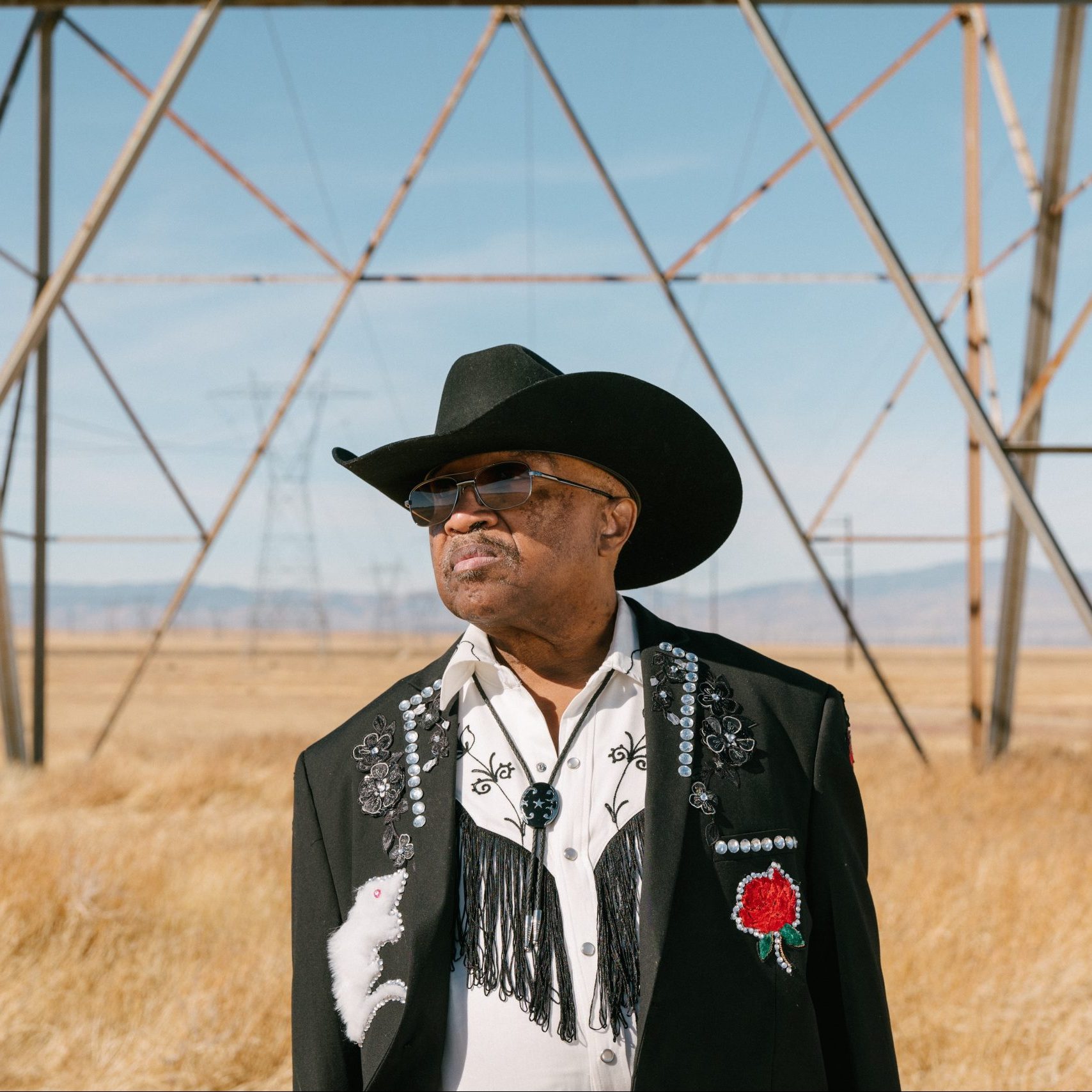A cursory scan of the track listing for the new Free Dirt Records release, Hazel Dickens & Alice Gerrard Sing Me Back Home: The DC Tapes, 1965-1969, doesn’t reveal any sort of agenda or political bent, though that might be expected. The duo has long been celebrated for their unabashed approach to not only being women in a male-dominated genre in a male-dominated world, but also for writing and recording protest songs and feminist old time anthems, performing at political and activist events, and touring the South with integrated show bills. Hazel and Alice were so impeccably equipped to lift up these working class and feminist issues, because, at their core, they were always simply expressing their own lives, their own truths, and their own stories. No overt, obvious rallying cry of a song would be necessary. (Though they do have many, many of those sorts of songs in their catalogs.)
The undeniable legacy of protest and activism and lifting up the forgotten among us, continued and propagated by Alice Gerrard still today, is a striking reminder of the limitless value of allowing personal voices, true self-expression, and individual advocacy to shine clearly and crisply through art — especially roots and vernacular musics — without editing, or shame, or fear.
We began our conversation travelling back to the ’60s, examining this set of songs, how they came to be, and how the organic activism of Hazel & Alice blossomed of its own accord through their music all along, whether they knew it or not.
I wonder, what goes through your mind when you listen to this album? What is it like to go back and revisit those points in history when you were working up those songs, figuring out your voices, and what you wanted to accomplish musically — and how you wanted to position yourselves, musically?
You know, I had totally forgotten that I even had those tapes, I just came across them. I was giving a bunch of stuff, a bunch of tapes and stuff like that, to the folks at UNC (University of North Carolina), so in the back of my closet was this box, I pull it out, and there were these reel-to-reel tapes. Some of them said, “A&H Practice.” So, I listened, and the first thing I thought was, “Well oh my god, some of this is really nice!” Then I realized that it was a lot of stuff that we had never recorded.
We had just agreed to go on this tour that Anne Romaine had put together, this Southern tour. She was from Gastonia, North Carolina, living in Atlanta at the time. She was very into the civil rights movement and was friends with Bernice Reagon, who was also in Atlanta. Bernice was an African American woman who was the founder of Sweet Honey in the Rock. Anne wanted to start this tour, the idea being that if a tour of traditional music went around the South, it would be kind of a new thing. And it could be political in the sense that it could be traditional musicians, it could be integrated, black and white, and it could go around and speak to the struggles of working people. At that time, a lot of these musicians, like Dock Boggs and Lily May Ledford, they were being “discovered” and taken up north — to New York, and Newport Folk Festival, Philly Folk Festival, stuff like that. They were definitely sort of underappreciated in their home regions in the South. The idea was to just stay in the South, with this tour. It was always going to be a few white and a few black musicians.
She had asked Hazel and me to be on it, but she couldn’t afford [for us] to have a band, so we were trying to figure out stuff that we could do, just the two of us. I think that’s why we were kind of messing around with me doing some breaks, and Hazel playing guitar, which she didn’t usually do. What it sort of brought back — she had moved from Baltimore to Washington and I was living in Washington. My husband had been killed in this automobile accident, so I was living in this house with my four kids and she moved in for a while, before she got an apartment. It was those years [that we made the tapes], in D.C., when I was living there. We were just practicing stuff, like, “Let’s try this, see if maybe I can play an autoharp break” or, “See if I can play the banjo.” I’d work up these little guitar breaks for some things, and it just brought all that back to me when I listened to it. Some of that stuff seems pretty good! Although, it was definitely field recording quality. [Laughs] The kids would come in, doors would slam, stuff like that.
I think when we started out, it was not intentional. We were kinda clueless. I’ll take the risk of speaking for Hazel. [Chuckles] I for sure was pretty clueless and I think, to some extent, she was too. We were surprised when we’d go do a concert somewhere and there’d be a whole lot of women in the audience. You know, “What’s going on?!” I remember being at some motel, we were around the swimming pool and I had my daughter with me, and the promoter of the event there came up saying, “I just came from the women’s liberation movement! It was really great!” And I said, “What’s women’s liberation?” [Laughs] Really! I think we were kind of surprised when there was attention coming to us and we would see lots and lots of women at the concerts we’d do. The first time we did this one festival in Canada we did a workshop and I sang the “Custom Made Woman Blues” for the first time and got a standing ovation and they made me do it again!
We were a little bit clueless. I think these things were happening because we had our own feelings about things and we started to express that. I don’t think we were aware of the effect that it was having. The other thing that happened when we started going on these tours, because they were so political in nature, we were tuned into what was going on. We’d do a tour of the Mountain South, then a tour of the Deep South, and sometimes we were playing in communities for various events like an anti-strip mining thing or this biscuit place in Big Stone Gap, Virginia, that was started by some nuns, so we were sort of tuned in. For me, for sure — I read Night Comes to the Cumberlands — it was a huge learning experience. I had never been in those types of situations before.
Hazel, of course, grew up with it. So I think what happened with her, being on those tours, it gave her permission to speak. It encouraged her giving voice to feelings that she already had. That’s why she really started writing a lot of songs. For me, it just introduced me to and raised my consciousness about a lot of things. Those tours got us started.
There’s a beauty in that it started so organically for you, because I think the most effective and visceral and immediate way to translate these messages of politics or activism through music is when the message is as natural and intrinsic in a human being as possible. Clearly you and Hazel were just being yourselves, expressing yourselves, through your music — that in itself was political and people responded to it. I think that’s the best way to effect change: to be ourselves, true and pure, unadulterated.
That was the whole point of those tours. It wasn’t to stand up and preach to people, but if Roscoe Holcomb gets up there and sings a song — by the way, those were the people going on these tours. Roscoe Holcomb, Dock Boggs, Bessie Jones, people who had lived these lives and had been affected by whatever had been going on, politically. Strip mining ruined Roscoe’s well, you know, so he could just stand up there and live his life. It was amazing. It was a great thing. Someone should write a book on that tour and organization!
Do you ever think back and wish that you could’ve just had the musical careers and experiences of your male contemporaries without all of the rest tacked on? Without the constant clarification and added phrases like: “Important women in bluegrass.” Do you ever wish you could do it all again and do it just for the music?
Well, you are what you are. I think you have to accept that. I don’t think I’d be who I am without that. So it doesn’t really bother me. What bothers me is when people call me “spry.” Like, “She’s 84, she’s really spry.” [Laughs]
[Laughs] So the ageism is more bothersome than anything else.
You know what, in a lot of ways, it really is.
Hazel, I know that she had many, many, really bad experiences before she and I teamed up. It was the usual kind of sexist crap. She’d put up with it most of the time, but she was very aware of it. But when we started singing together, I had become a part of this whole scene around Washington D.C. — and she became a part of it, too — which was a mix of young, sort of college-educated or at least high school-educated, middle-class folks. A bunch of young people who weren’t like [sexist]. I felt when we started that we were surrounded by a very supportive community. I never felt like they didn’t want us to do anything because we were women. They were really encouraging. I didn’t experience those things. I felt like we were lucky to have guys around us that were supportive.
I do remember, before Hazel and I started singing together, I would go with my husband– boyfriend? Whatever he was at that moment. We’d go to Baltimore to listen to Hazel and whomever she was playing with, she had a band, and we’d go listen to them practice. I did feel at those times sort of compelled to join the other women in the kitchen. [Laughs] Even though I really wanted to be in the other room!
Yeah… more so. There weren’t a lot of women in what we were doing. I think part of what was going on was these guys, who’d moved up from the South, living in these hardscrabble places in the city, there was a lot of hard work involved, there was a lot of drinking, women had a perfect right to feel shit upon a lot of the time. Their husbands ran around on them, they’d get drunk. So it felt sometimes that we were treading a fine line in trying to be part of the music in that situation and context, and yet, not make the women dislike you because of it. It was a weird little thing going on there. But that didn’t happen in the D.C. scene.
Let’s talk about the present for second — what do we do in the face of the “shut up and sing” mentality that’s so rampant right now? This idea that if somebody on stage has political views that are different than somebody in the audience, that’s a problem. Roots music has always been built upon speaking truth and speaking to the most basic, concrete, ground-level needs of humanity. How do we translate the value of that in a modern context?
That seems to be the environment these times. I feel like I don’t care — I do pay attention to where I am. At the time, I do care about the context of where I am, usually, but I feel like you need to say what you have to say. It’s easier when it’s in a friendly environment, like Shout & Shine [the showcase]. That was a no-brainer. Everybody there was right behind me, one hundred percent. But if I went to… oh, I dunno…
Fill-in-the-blank.
Yeah.
That’s something we want to be cognizant of anyways, because reaching people that are further away from our frame of reference and our point of view requires us to be aware of context and to allow nuance into the situation.
Exactly.
Now there’s this local band, the New Deal String Band, college kids from around here back in the ’70s and ’80s. They were one of the first Southern hippie bands before the other hippie Southern band — I’m blanking on the name. [Laughs] They would go to the Galax Fiddlers’ Convention back in the day. They had long hair, but they were really good players and Leroy [Savage] was a really great singer. It was a little bit of a toxic environment. People didn’t like long-haired hippies and were likely to start a fight with you as not. Leroy used to say, “We’d get in there, with our long hair, but if we could get our instruments out and start playing before a fight broke out, we’d be okay.” [Laughs] Because of their music! It really does transcend a lot of barriers. You can start with the music and then maybe you can make some inroads.
…Getting to know people — it doesn’t hurt to make friends first and then play the music or take a position or whatever. I think sometimes that goes a longer way toward more permanent changes than busting in–
And raising hell.
Yeah. [Laughs] They have something to say, too. I might not agree with everything, but… [sighs] I don’t know, you know… it’s complicated!!
Photo credit: Betsy Siggins






